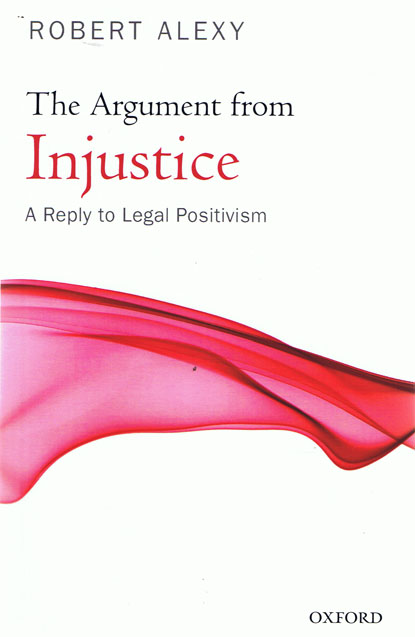
At the heart of this book is the age-old question of how law and morality are related. The legal positivist, insisting on the separation of the two, explicates the concept of law independently of morality. The author challenges this view, arguing that there are, first, conceptually necessary connections between law and morality and, second, normative reasons for including moral elements in the concept of law. While the conceptual argument alone is too limited to establish a sufficiently strong connection between law and morality, and the normative argument alone fails to address the nature of law, the two arguments together support a nonpositivistic concept of law, toppling legal positivism qua comprehensive theory of law.
The author makes his case within a conceptual framework of five distinctions that can be variously combined to represent a multiplicity of presuppositions or perspectives underlying the enquiry into the relationship of law and morality. In this context, it can indeed be shown that there are perspectives that bespeak solely a positivistic concept of law. The decisive point, however, is that there is a perspective, necessary to the law, that necessarily presupposes a nonpositivistic concept of law.
This is the perspective of a participant in the legal system, asking for the correct answer to a legal question in this legal system. The participant-thesis is demonstrated by appeal to Gustav Radbruch's formula (extreme injustice is not law) and to the judge's balancing of principles in deciding a concrete case. The author arrives at a concept of law that systematically links classical elements of legal positivism - authoritative issuance and social efficacy - with the desideratum of nonpositivistic legal theory, correctness of content.